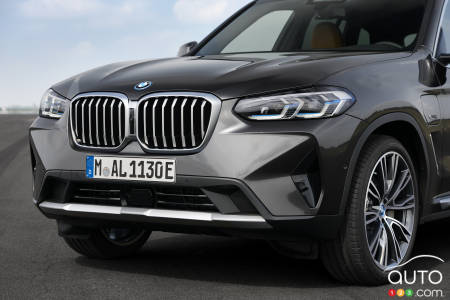• Cars with engines using synthetic gasoline will be allowed in Germany beyond 2035.
• Germany has manufacturers working on the development of carbon-neutral gasoline, or e-fuels.
• 2035 remains the target set by many automakers to complete their electric shift.
Throughout the industrialized world, 2035 has been identified as the year when the sale of cars with gasoline engines will be banned.
Auto manufacturers have developed plans to convert their fleets to electric power by this deadline. However, some voices have been raised as to the feasibility or reaching that goal in that timeframe.
Authorities in some countries have looked at finding alternate solutions. In Germany, the country’s Transport Minister Volker Wissing has sought an exemption that would allow carmakers to continue selling vehicles with internal combustion engines running on carbon-neutral or synthetic fuels to continue to be sold beyond the year 2035.
Frans Timmermans, the head of the European Commission and head of EU (European Union) climate policy, confirmed on Twitter Saturday that an agreement on the exemption had been reached. “We have found an agreement with Germany on the future use of e-fuels in cars,” he said.
The e-fuel term designates a synthetic fuel, and refers to a gasoline for which the carbon cycle is completely neutral, so that the carbon used to produce the fuel is the same amount as the carbon emitted during combustion in an engine. The production process usually involves some form of carbon capture technology.

Motor Authority reiterated in relation to the announcement that Porsche and its partners already have a pilot plant in Chile that produces e-fuel. Aramco and Formula 1 are also working to develop e-fuels in commercial quantities.
The European Union's planned legislation calls for a 55-percent reduction in CO2 emissions from new vehicles by 2030 (50 percent for light-duty trucks), compared to 2021 levels. The target is 100 percent by 2035. This legislation is part of the European Union's overall plan to achieve climate neutrality by 2050.
In the wake of the agreement with Germany, Reuters reported that the EU will create a new category of vehicles that can exclusively run on synthetic fuel.



